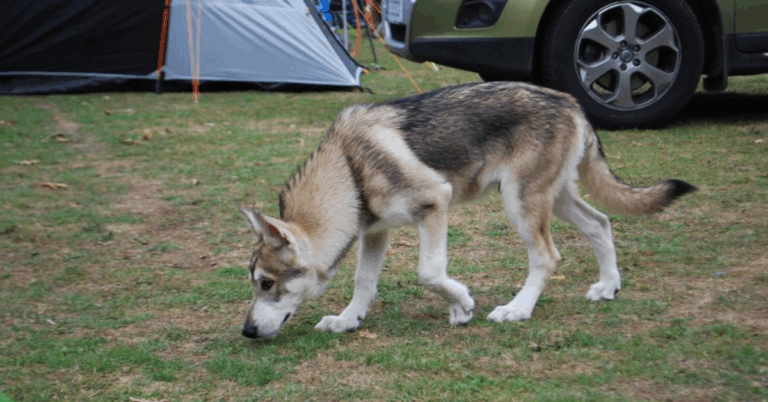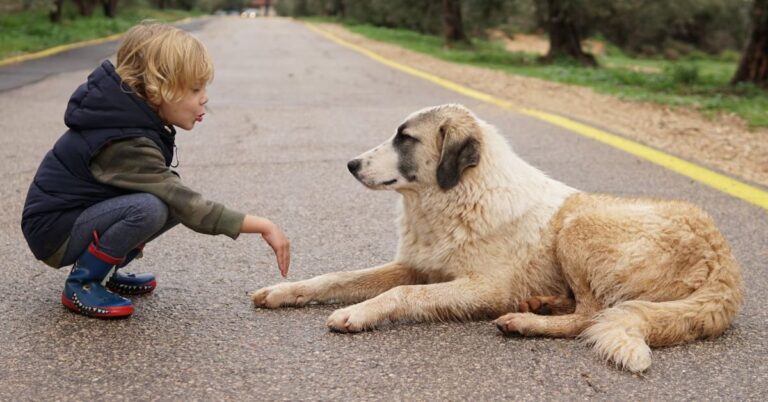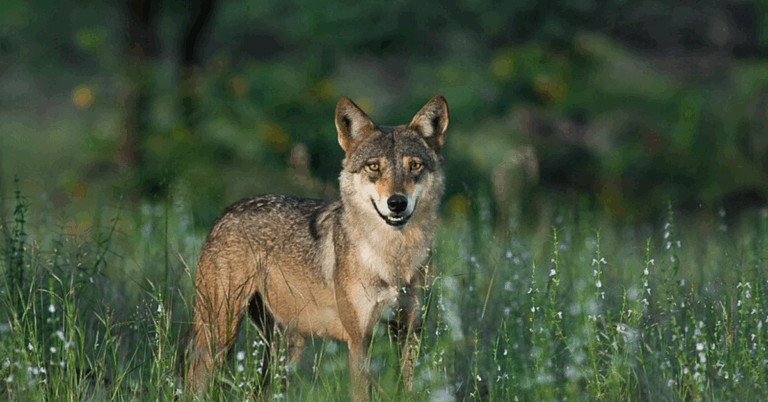30 Common Puppy Training Mistakes
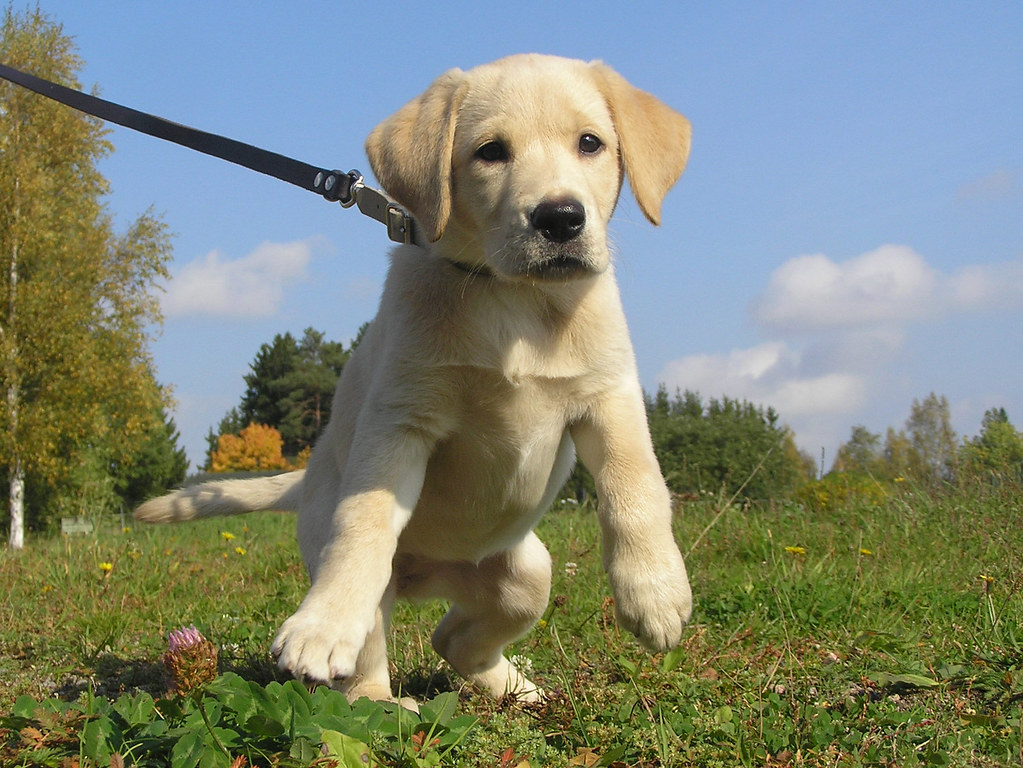
Training a puppy is exciting but also quite challenging, especially for new dog owners. Puppies need structure, patience, and consistency to grow into well-behaved adult dogs. Unfortunately, some common training mistakes can delay progress or create confusion for your pup. Here are 30 common training mistakes that can hinder your puppy’s development, along with tips on how to avoid them.
Starting Training Too Late
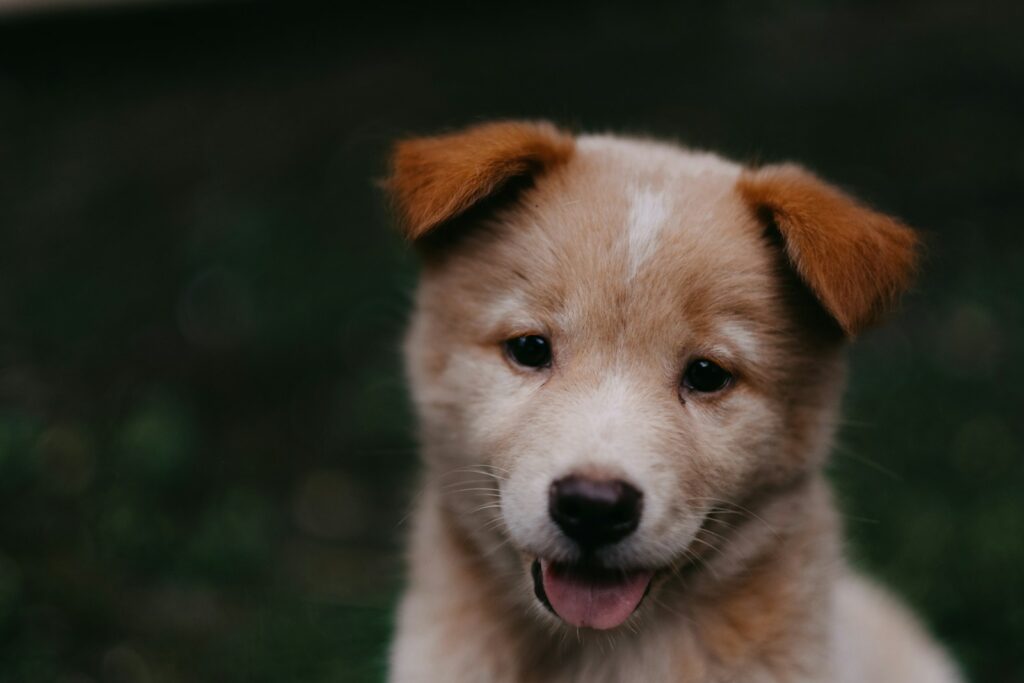
Waiting to start training until your puppy is older is a missed opportunity. Puppies have a critical learning period in their early months, and this is when they’re most receptive to new information. Starting with simple commands like “sit,” “stay,” and “come” early on helps them build strong foundations and makes future training easier. Start training as soon as you bring your pup home.
Using Inconsistent Commands
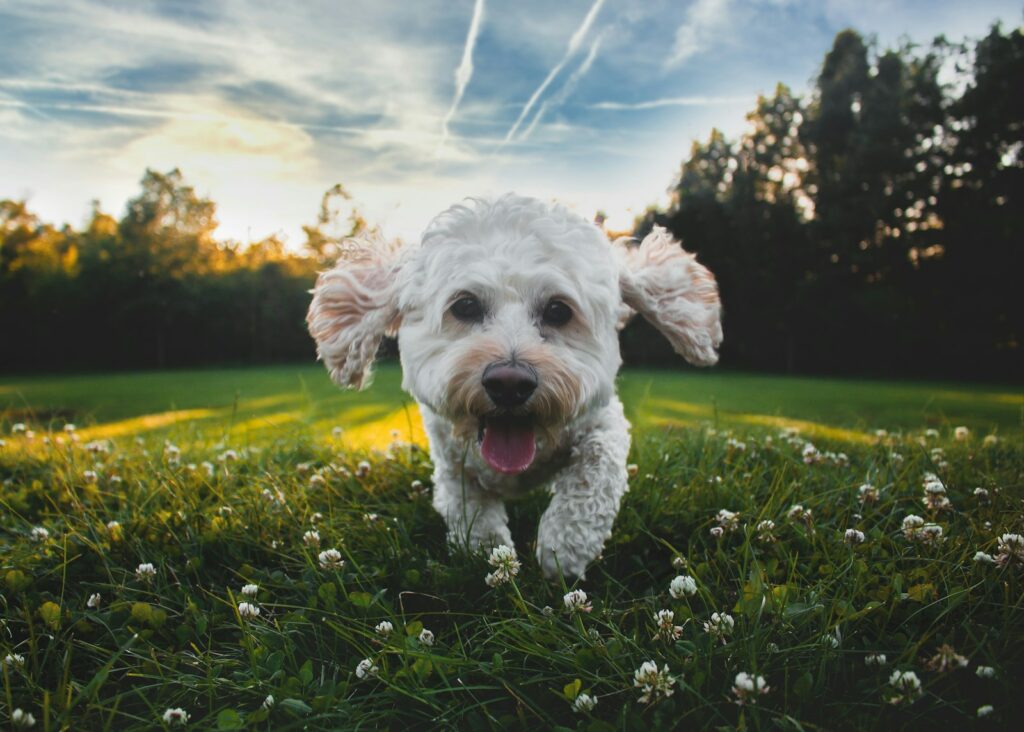
Changing the words or gestures you use for commands can confuse your puppy. For example, using “down” one day and “off” the next for the same action makes it difficult for them to understand what’s expected. Consistency in language is key; stick with one command per action, and everyone in the household should use the same terms.
Punishing Accidents
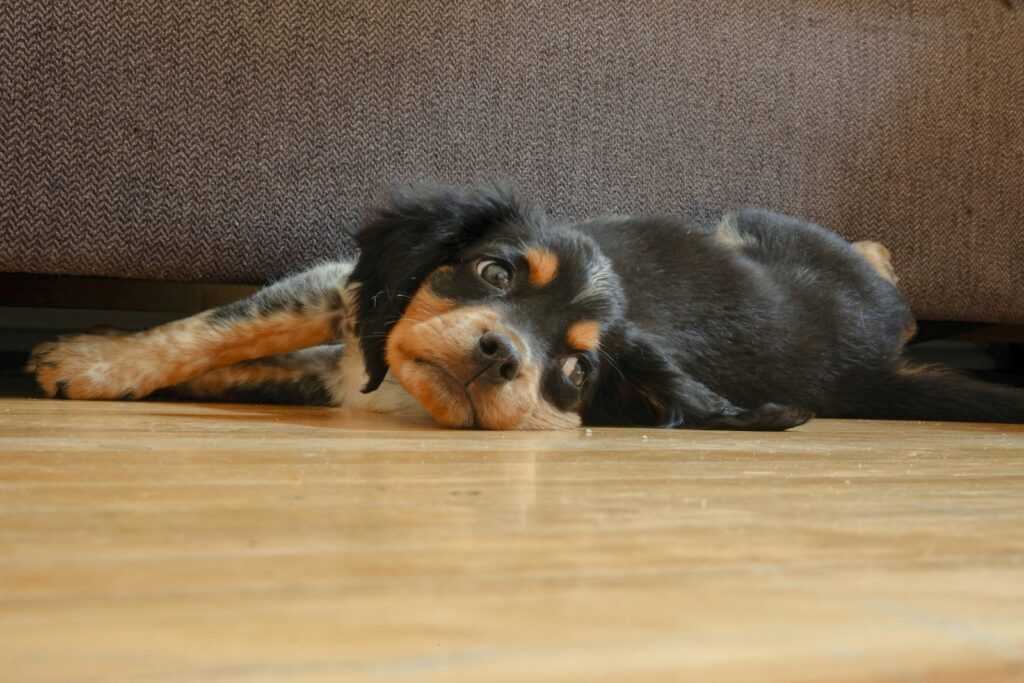
It’s tempting to scold a puppy after a potty accident, but punishment can actually lead to fear and anxiety. Puppies don’t always have full bladder control and may not understand why they’re being scolded. Instead, reward them when they go to the right spot and focus on building a routine that encourages outdoor potty habits. Patience here will pay off.
Skipping Socialization
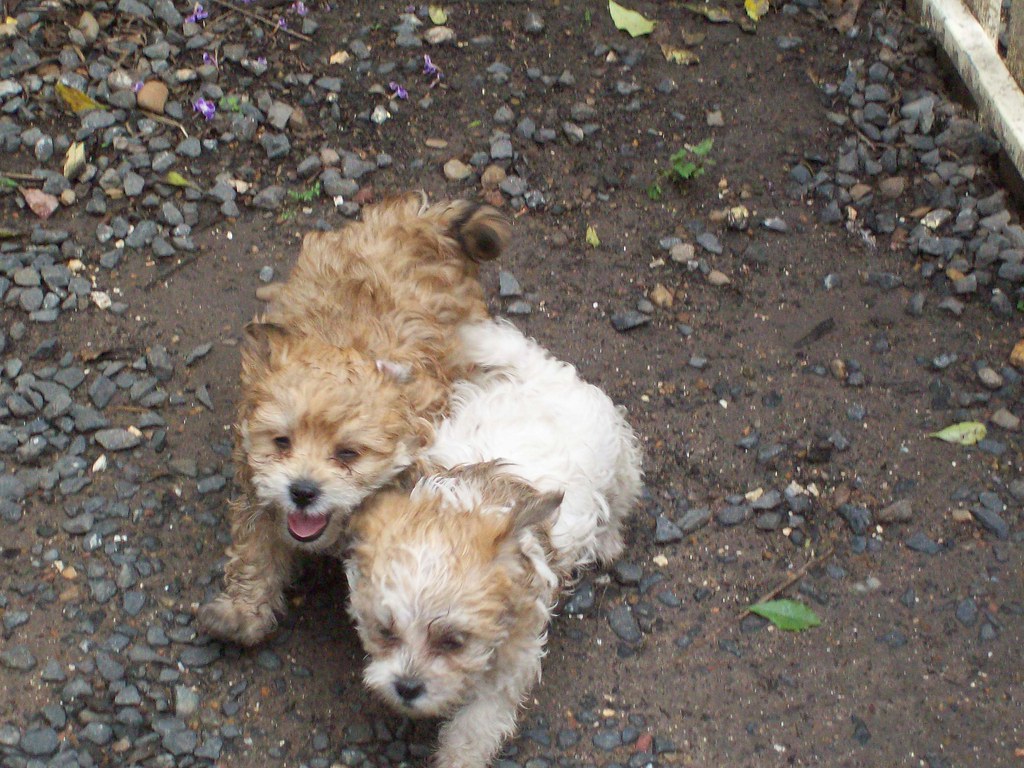
Socialization is one of the most important parts of early puppy training. Exposing your puppy to different people, environments, sounds, and animals helps them become more adaptable and less fearful as they grow. Puppies who aren’t socialized may become anxious or reactive. Start by introducing them to calm, friendly dogs and gentle, new experiences to build their confidence gradually.
Using Harsh Discipline
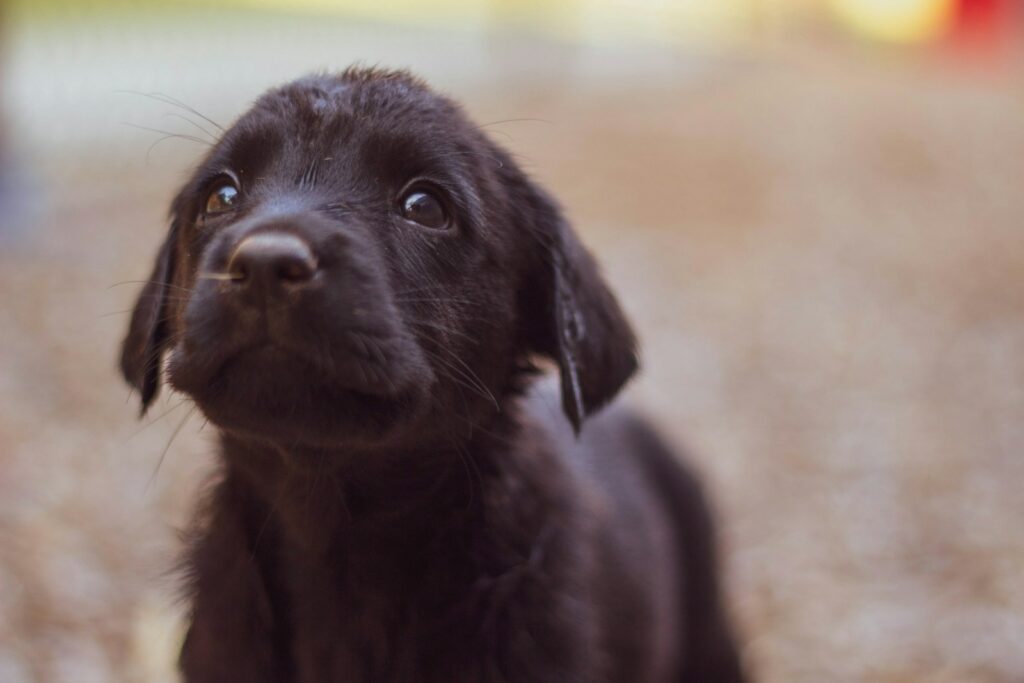
Punishment may seem like a quick fix, but it often backfires, leading to fear or aggression. Puppies respond best to positive reinforcement, like treats and praise. Harsh punishment can make them fearful and damage the bond you’re building. Instead, use redirection and rewards for good behavior to teach them what’s right in a gentle way.
Not Setting Boundaries Early
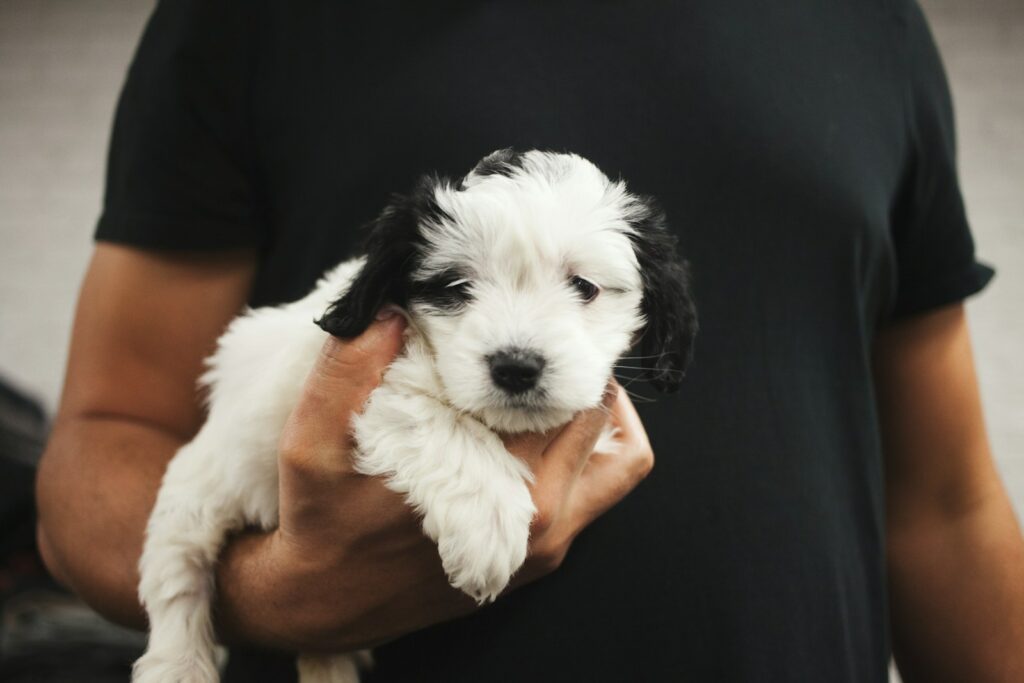
Allowing puppies to get away with certain behaviors when they’re small can lead to problems as they grow. For instance, letting them jump on people may seem cute now, but it won’t be when they’re larger. Set clear boundaries early on, and be consistent in enforcing them to help your puppy understand acceptable behavior.
Expecting Too Much Too Soon
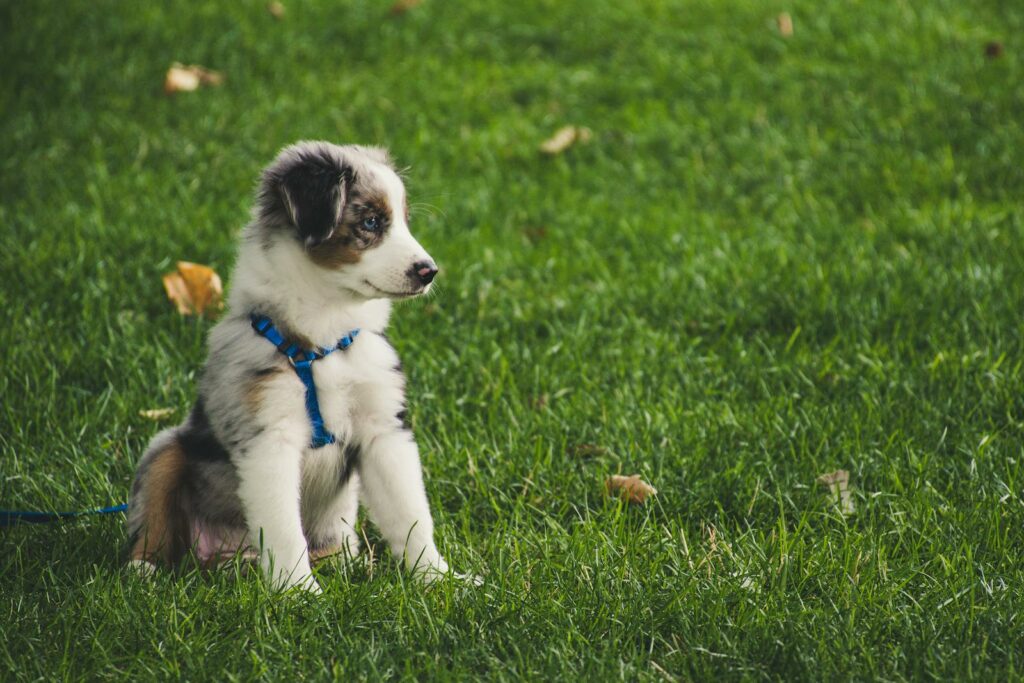
Puppies are full of energy and curiosity, but they’re also easily distracted and still learning. Expecting perfect behavior too early can lead to frustration for both of you. Puppies need repetition and patience to learn, so set small goals and build up gradually. Celebrate small wins to keep training positive and manageable for your puppy.
Skipping Crate Training
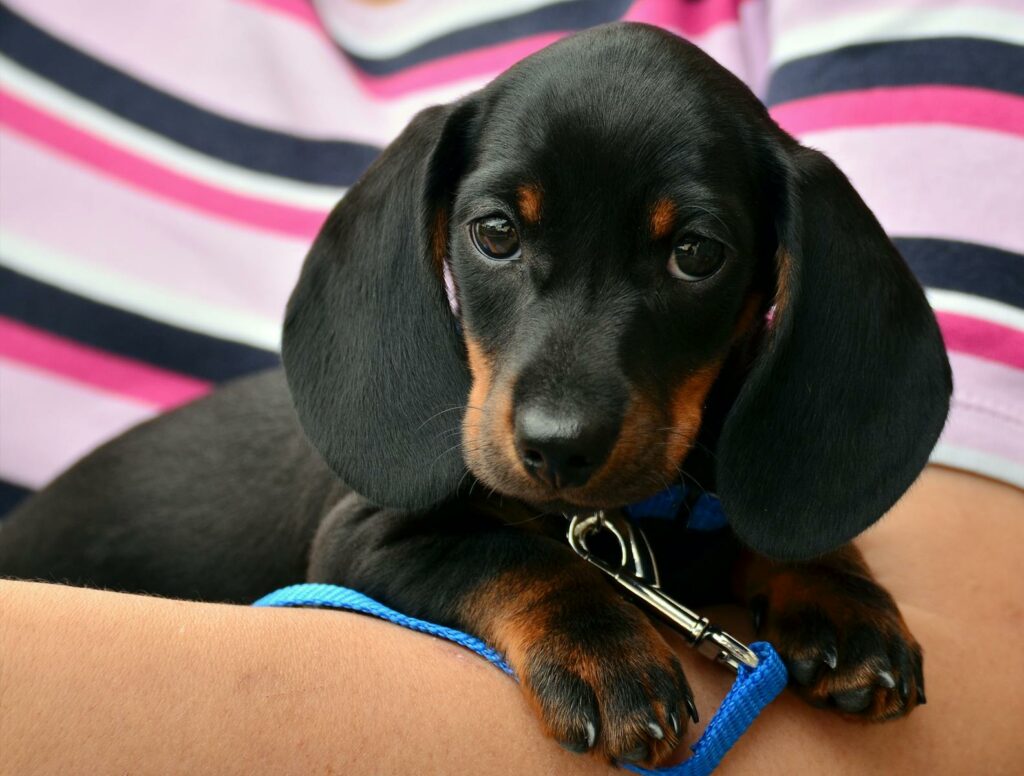
Crate training can be a lifesaver, but many owners skip it, thinking it’s cruel. In reality, a crate provides your puppy with a safe, cozy space that mimics a den. Proper crate training helps with potty training, reduces anxiety, and keeps them out of trouble when you’re not around. Introduce it positively, and your puppy will view it as their personal safe zone.
Inconsistent Feeding Schedules

Feeding your puppy at different times each day can make potty training and establishing routines more difficult. Puppies need structure, and a regular feeding schedule helps regulate their digestion and energy levels. Stick to consistent feeding times, as it’s easier to predict when they’ll need to go out, which makes house training simpler.
Rewarding Bad Behavior by Accident
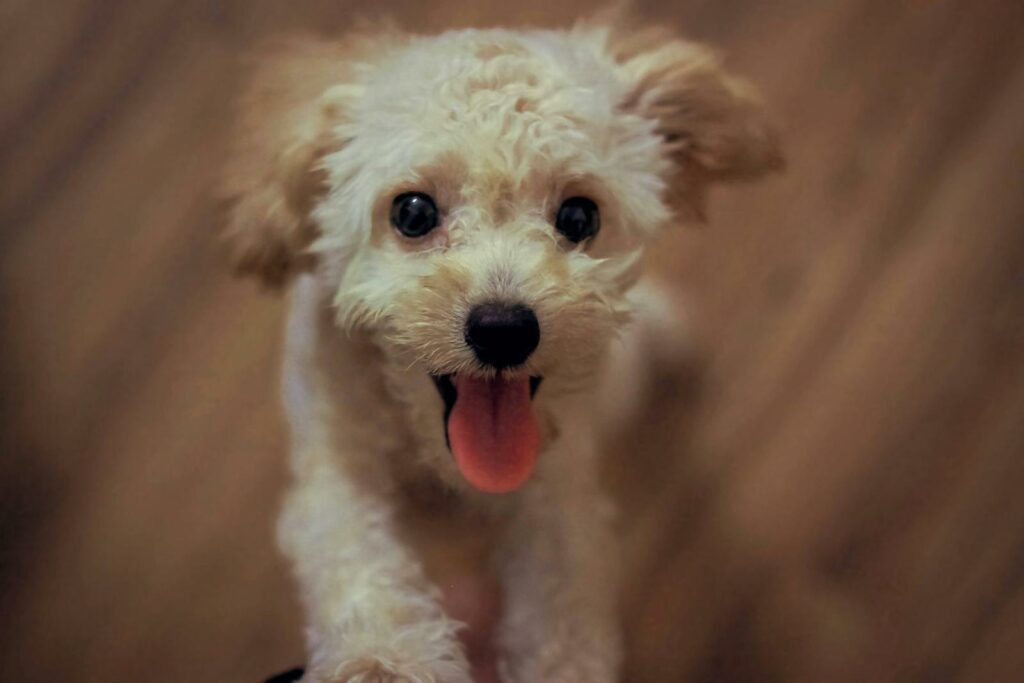
Sometimes, owners inadvertently reward bad behavior, like giving attention when a puppy barks excessively. Even negative attention can reinforce the behavior. Instead, ignore unwanted behaviors and reward calm, desirable behaviors. If your puppy barks for attention, wait until they’re quiet, then offer praise. This teaches them that calmness, not barking, gets a positive response.
Neglecting Mental Stimulation
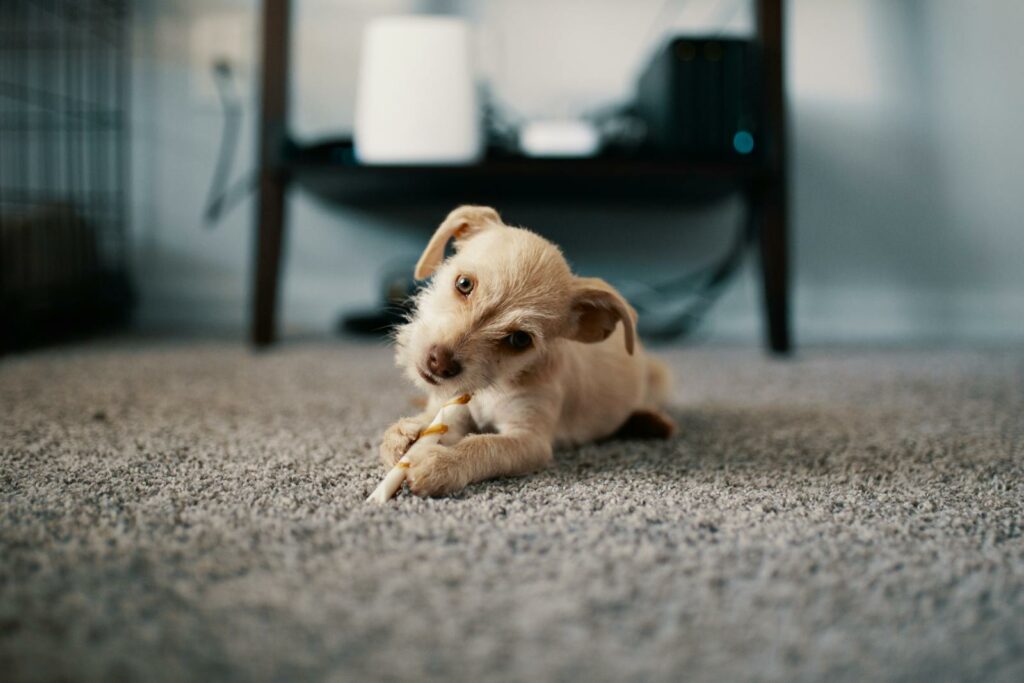
Puppies need more than just physical exercise; they crave mental stimulation, too. Without activities that challenge their minds, they can become bored and act out. Give them toys that encourage problem-solving, like treat-dispensing puzzles or interactive toys. Regular mental stimulation helps them stay calm, focused, and engaged, reducing the chance of behavioral issues.
Failing to Recognize Body Language
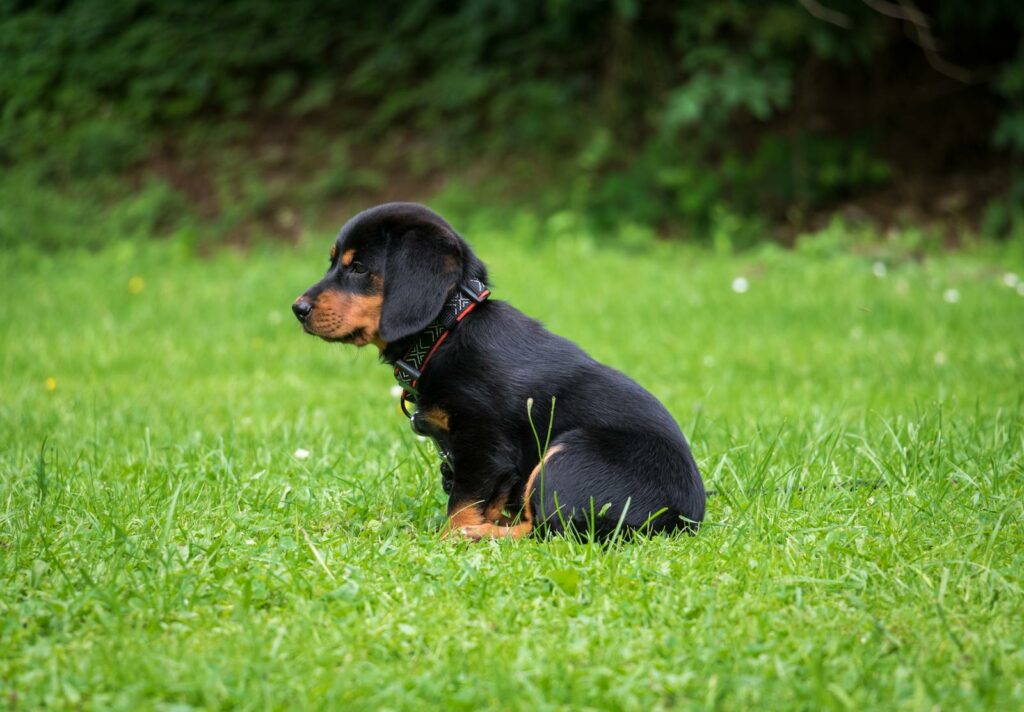
Puppies communicate largely through body language. Missing cues like tail position, ear movement, and overall posture can make training difficult and even create stress for your puppy. Learning to read their signals helps you understand when they’re feeling stressed, excited, or overwhelmed. A better understanding of their body language makes training more effective and strengthens your bond.
Overusing Treats in Training
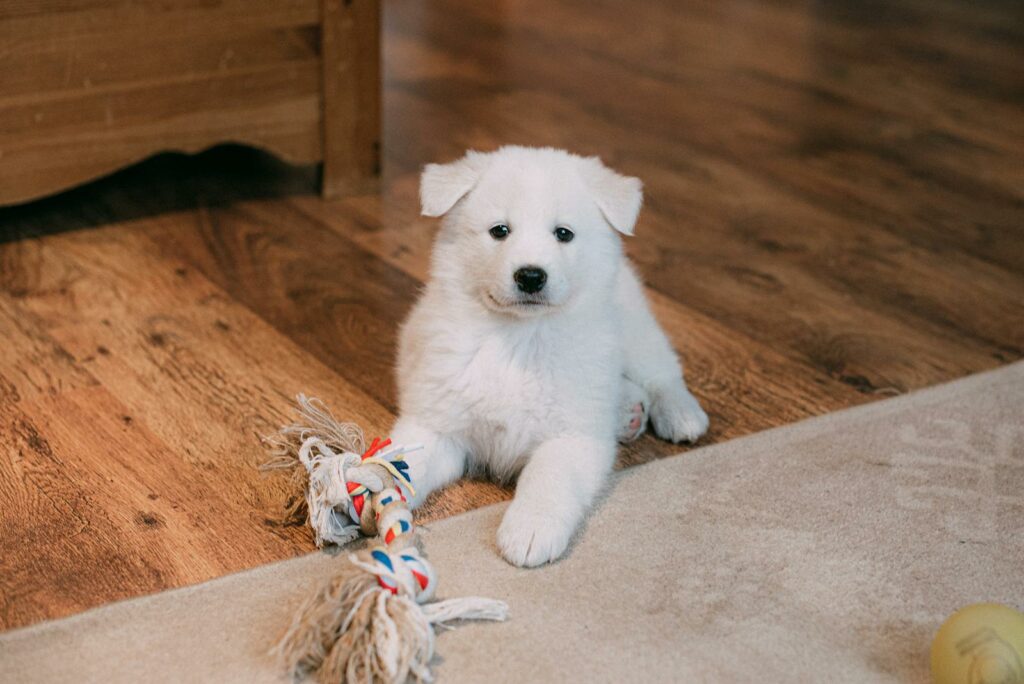
Treats are great motivators, but relying on them too much can create a dependency. Your puppy might only listen when they see a treat. Gradually switch to verbal praise or petting as rewards so they learn to respond to commands without expecting a treat every time. Balance is key in keeping their motivation strong without spoiling them.
Ignoring Leash Training
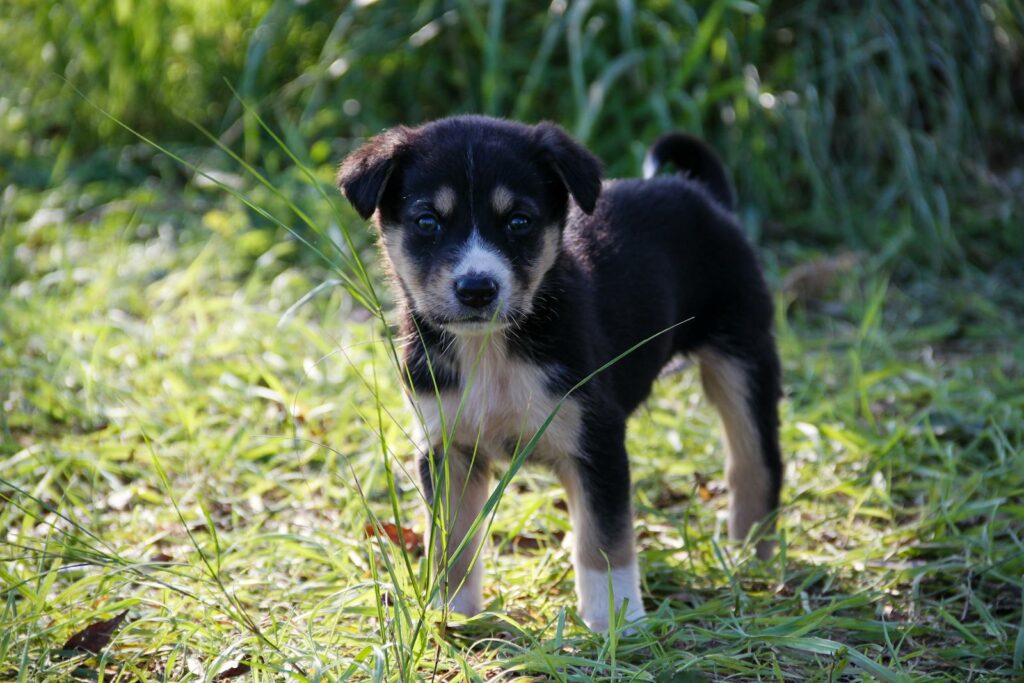
Teaching leash manners early is essential, even if you have a backyard. Puppies that aren’t trained to walk on a leash may pull, lunge, or refuse to walk properly. Start with short, positive leash sessions, rewarding them for staying close and walking calmly. Good leash manners make walks more enjoyable for both of you and keep your puppy safe.
Allowing Jumping on People
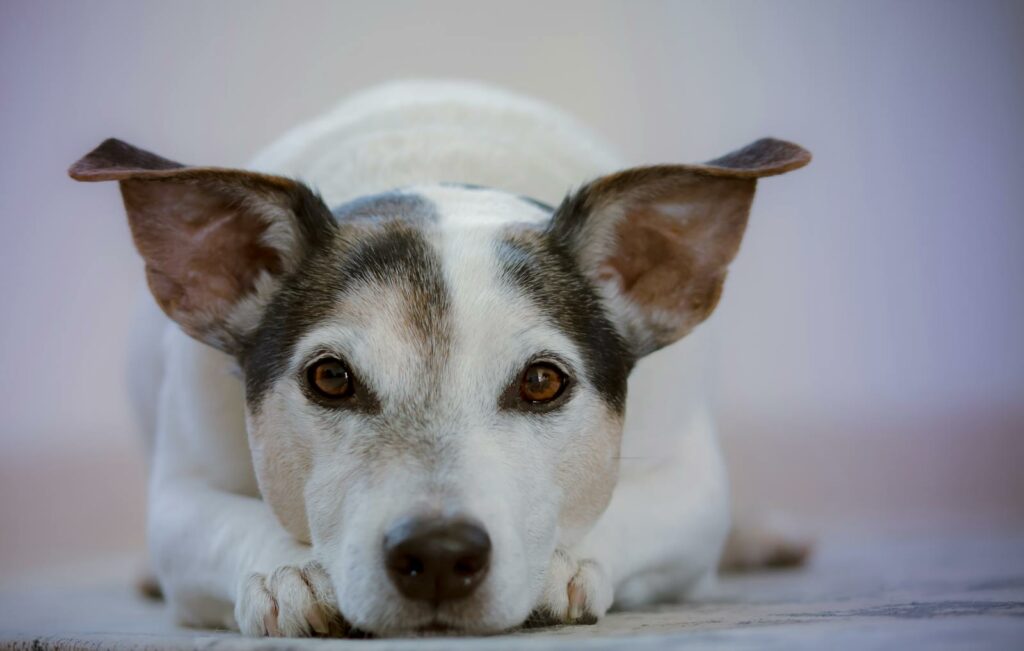
It’s cute when a small puppy jumps up to greet you, but as they grow, it can become a problem. Allowing jumping teaches them that it’s okay to leap on people, which can be risky around kids or elderly people. Gently discourage jumping by ignoring it and rewarding them when they greet people with all four paws on the ground.
Not Practicing Recall (Come Command) Regularly

Recall is one of the most important commands, as it can prevent your puppy from running into danger. If you only practice occasionally, your puppy may not respond reliably. Practice “come” often, even indoors, with treats and praise. A strong recall can be lifesaving, so make it part of your regular training routine.
Skipping Training Sessions Due to Busy Schedules
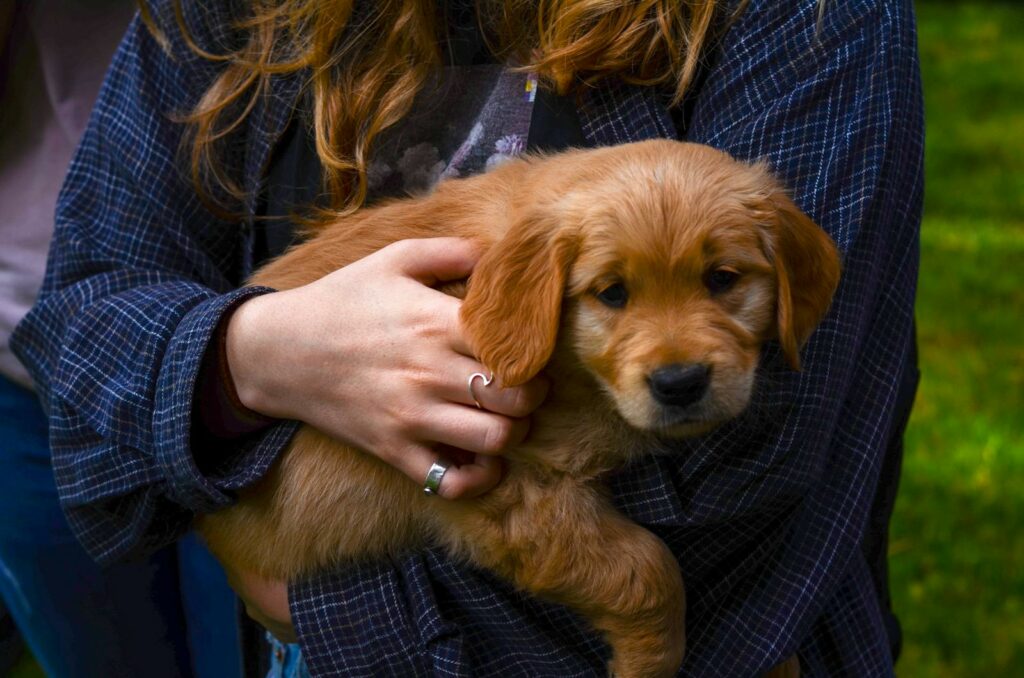
Consistency is critical, but busy schedules can sometimes lead to skipped sessions. Even just five to ten minutes a day makes a difference. Training doesn’t have to be long or complicated; brief, daily practice helps reinforce commands and keeps your puppy engaged. So, find time each day and make it a habit.
Using Only One Type of Reward
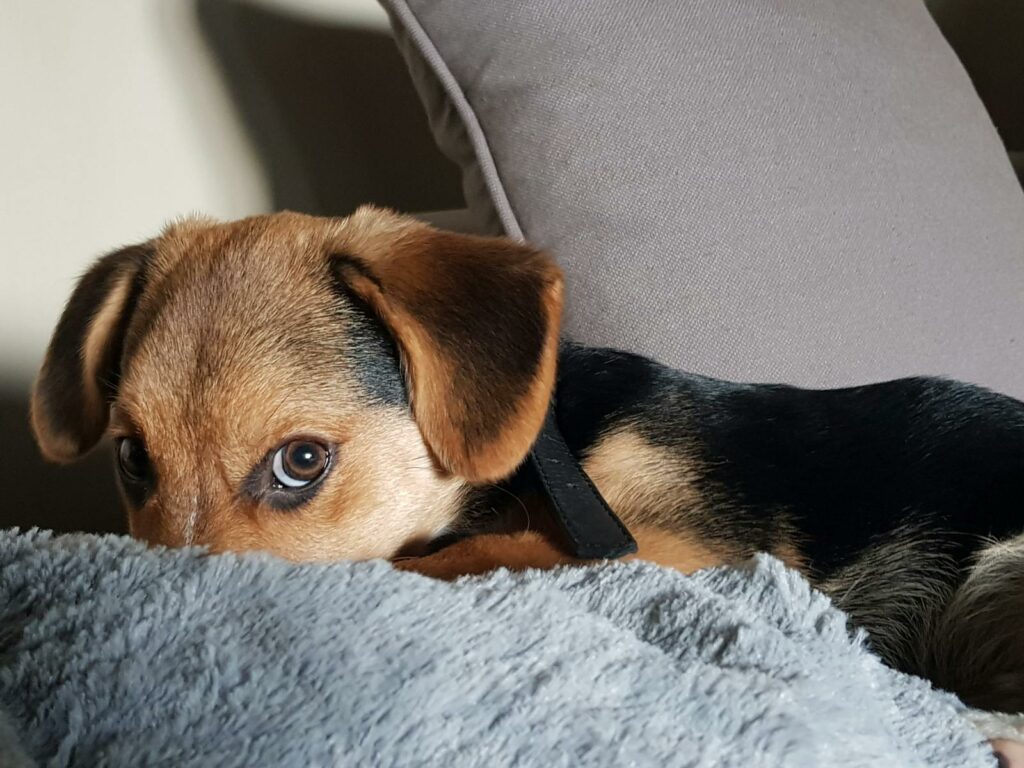
If you rely on just treats for rewards, your puppy might lose interest over time. Mix it up by adding praise, petting, or play as rewards to keep them engaged. Varying rewards make training more enjoyable and keep your puppy guessing, which helps keep their attention longer during sessions.
Skipping Basic Commands (Thinking They’ll “Just Learn”)

Some owners assume their puppy will “pick up” commands like sit, stay, or drop it without formal training. However, puppies need guidance to learn these essential behaviors. Regular practice with basic commands helps keep your puppy safe, especially in public settings. Teach these commands early and reinforce them often.
Allowing Too Much Freedom Too Soon
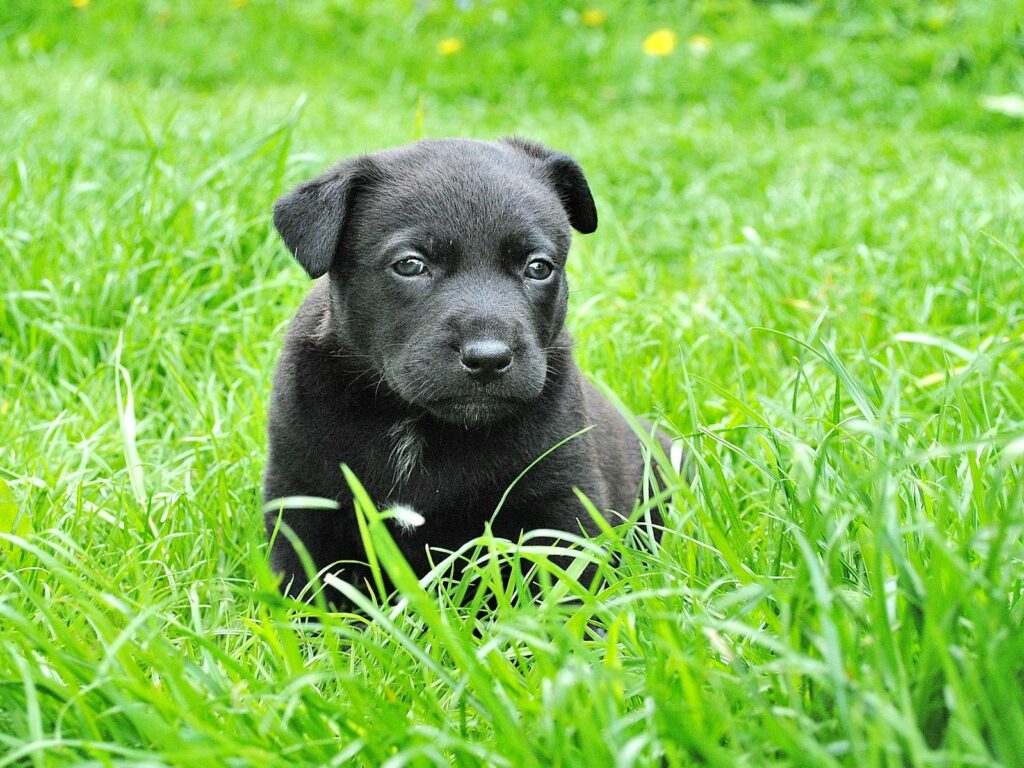
Giving puppies full access to the house before they’re trained can lead to accidents and destructive behavior. Start with a small, puppy-proofed area and gradually expand as they learn good habits. Too much freedom too early can be overwhelming and increase the risk of them developing bad habits.
Not Teaching “Leave It” Early
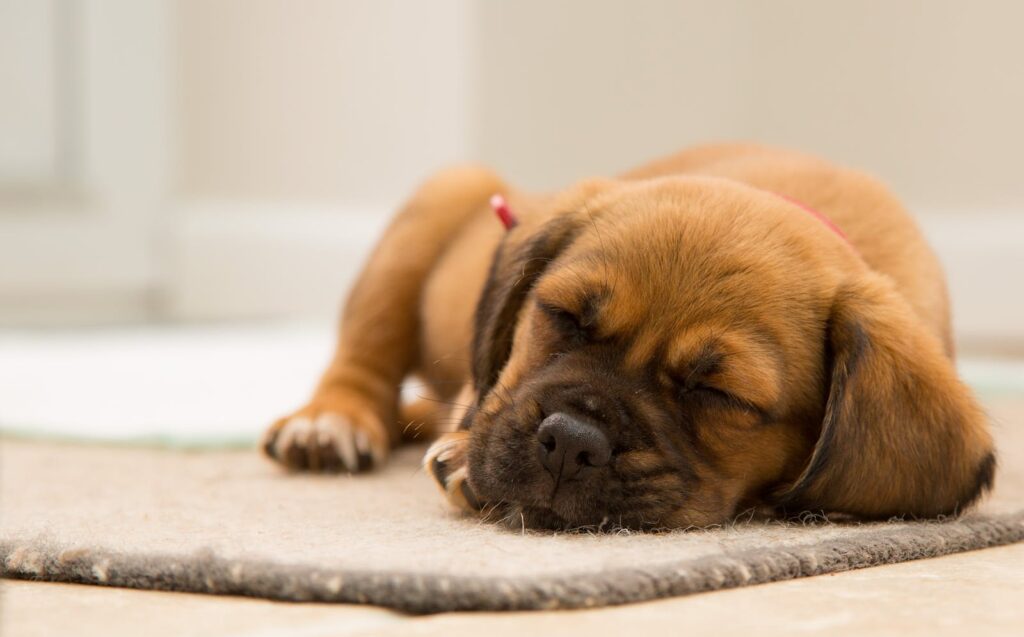
“Leave it” is an important command for keeping your puppy safe from dangerous items. Puppies are curious and often try to eat things they shouldn’t. Teaching this command early helps prevent them from picking up harmful objects, like small toys or foods that could be toxic. Practice regularly to reinforce this lifesaving command.
Forgetting to Rotate Toys
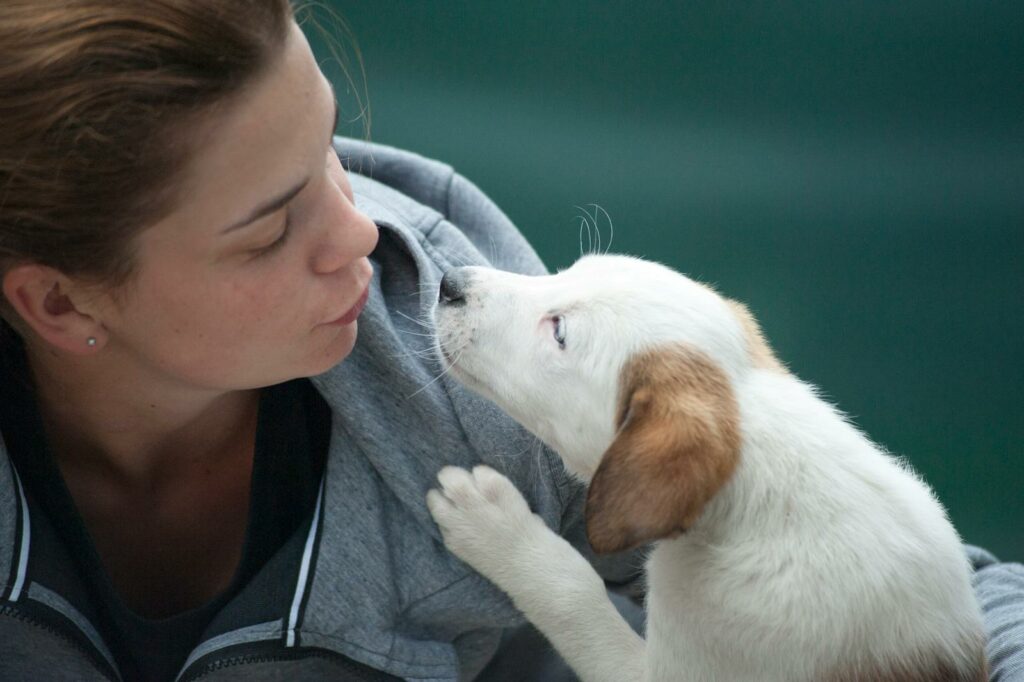
Leaving the same toys out can lead to boredom. Puppies need mental stimulation, so rotating toys keep their interest alive. Swap out a few toys each week to make “old” toys feel new and exciting again. This small change can help keep them engaged and reduce the risk of destructive behavior out of boredom.
Neglecting to Practice Patience
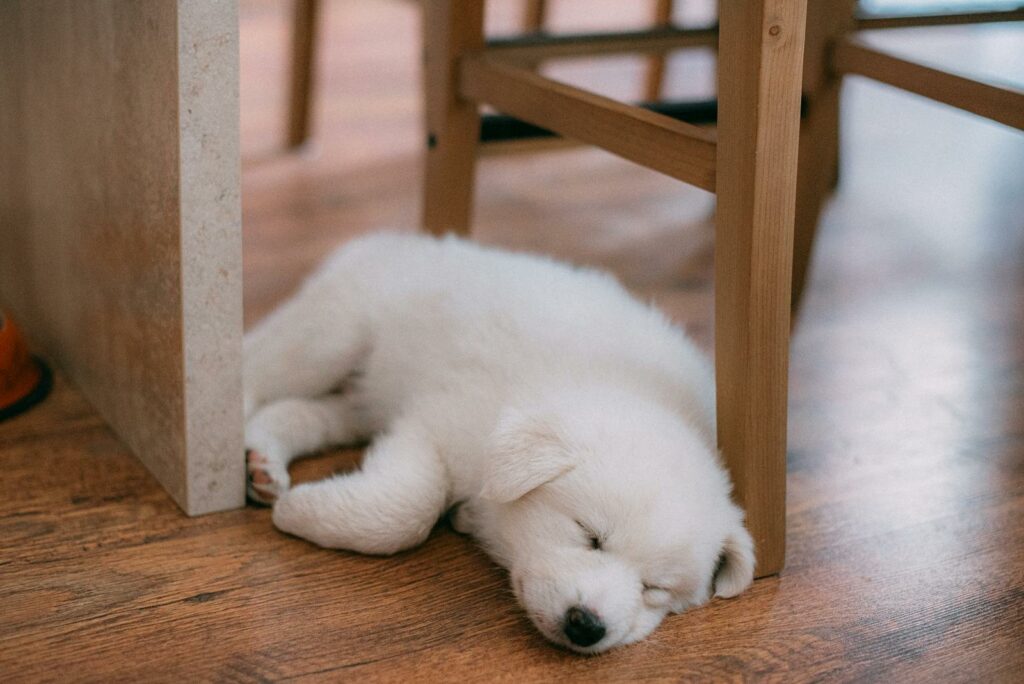
Puppies are like children; they’re full of energy and easily distracted. It’s easy to get frustrated, but keeping your patience is crucial for a positive training experience. Yelling or showing frustration can make your puppy anxious. If you’re feeling stressed, take a break, then return to training with a calm, positive approach.
Not Training in Different Environments
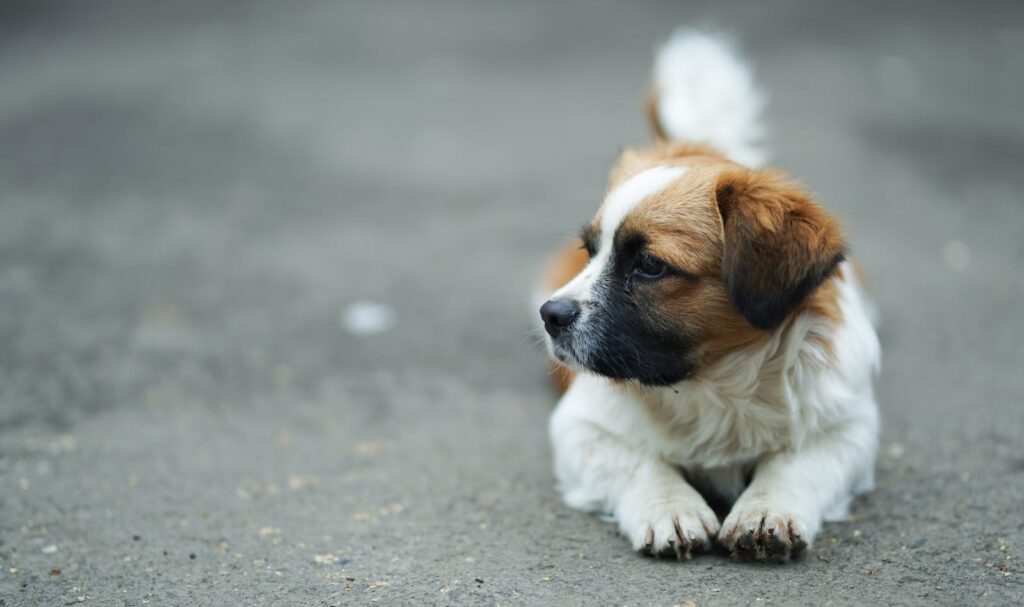
Puppies can behave well in the living room but act out at the park. Training in various settings helps them generalize commands, making them more likely to listen anywhere. Start in a low-distraction environment and gradually move to busier areas, like the yard or a park, so they can practice focusing in different surroundings.
Not Giving Enough Exercise

Underestimating a puppy’s exercise needs can lead to pent-up energy and behavioral issues. A tired puppy is a happy (and better-behaved) puppy. Make sure they get daily walks, playtime, and mental stimulation. Adequate exercise reduces the likelihood of hyperactivity and keeps your puppy both physically and mentally healthy.
Skipping Out on Bite Inhibition Training
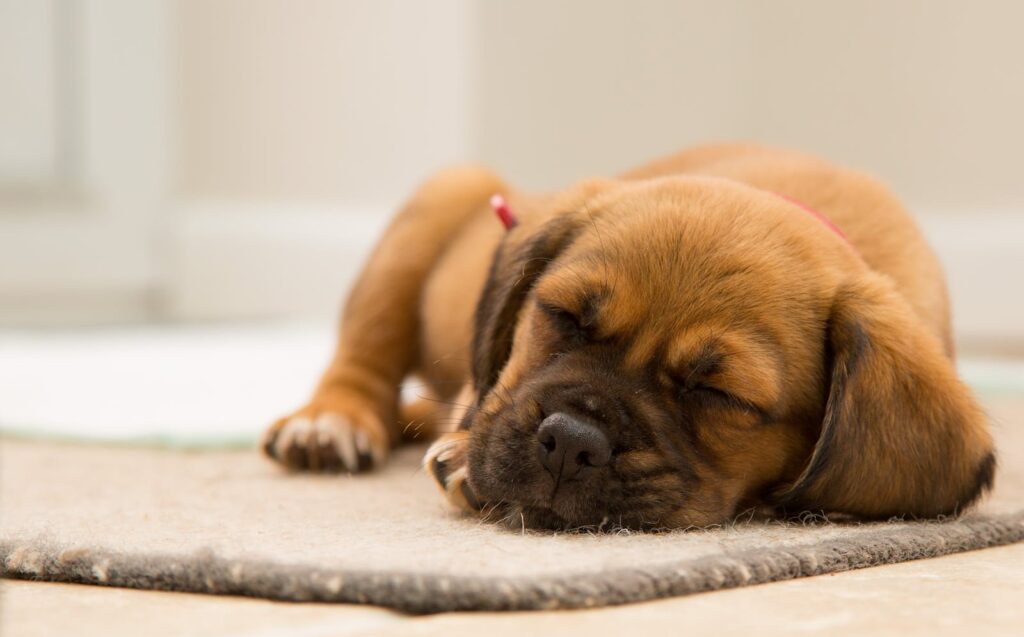
Puppies explore the world with their mouths, and without bite inhibition training, they might bite too hard as adults. Teaching gentle play early on helps them learn appropriate pressure. If they bite too hard, give a sharp “ouch” and stop playing briefly to show that rough play leads to a loss of fun.
Only Training When You’re in the Mood
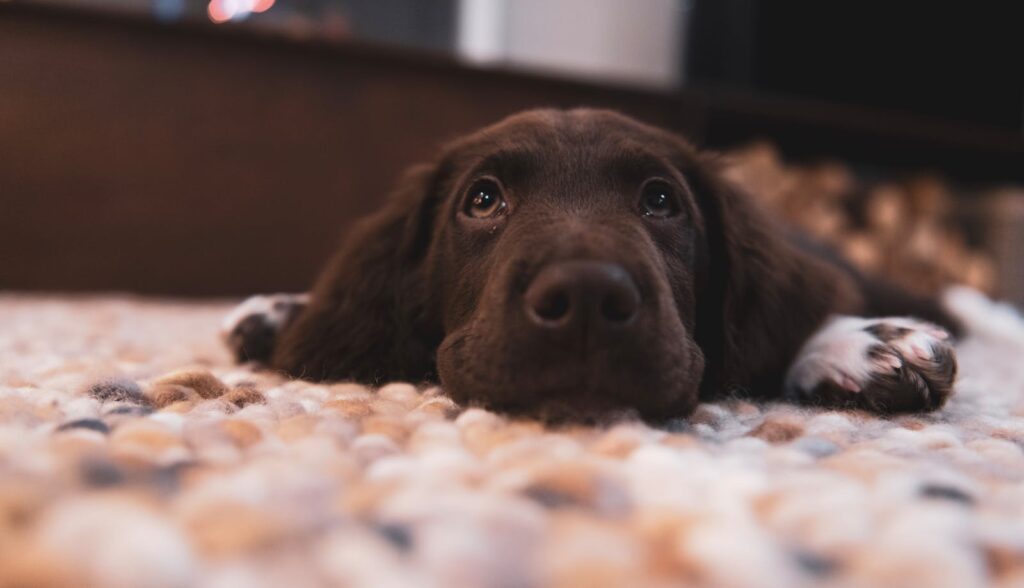
Consistency is key with puppies, and they benefit from a regular training schedule. Training only when you feel like it can confuse them, as they thrive on routine. Set aside dedicated time each day to practice commands. Regular sessions help reinforce good behavior and improve their ability to learn and remember commands.
Expecting Your Puppy to Learn Without Repetition
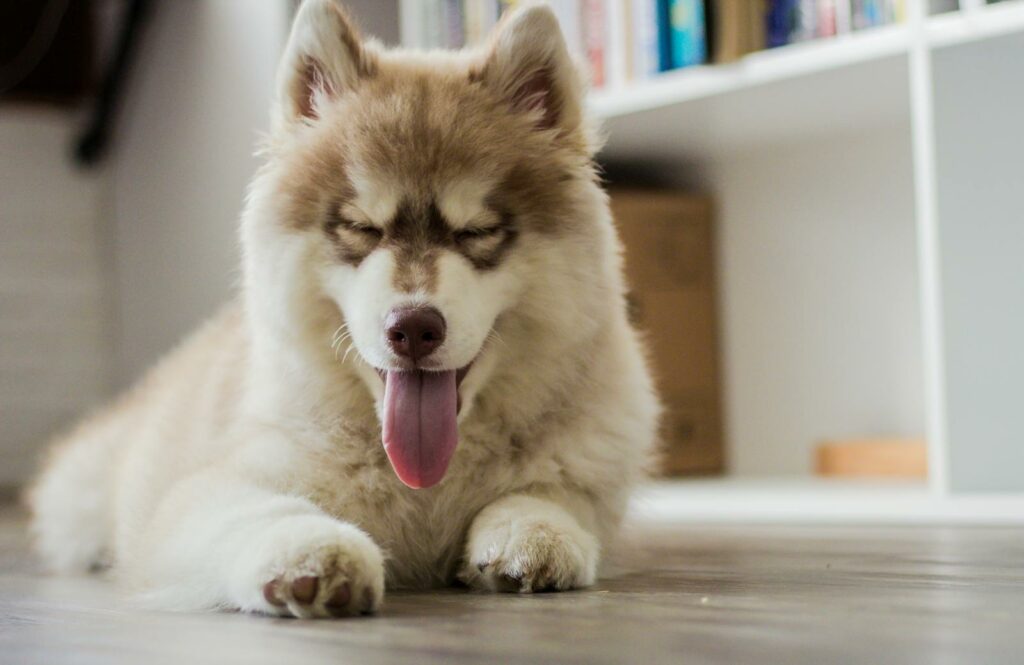
Puppies need lots of repetition to fully understand and retain commands. If they don’t get it right away, that’s normal! Repetition helps solidify learning, so repeat commands multiple times in different contexts. Each repetition brings them closer to mastering the skill, helping them remember it long-term and perform reliably.
Letting Your Puppy Sleep Whenever, Wherever
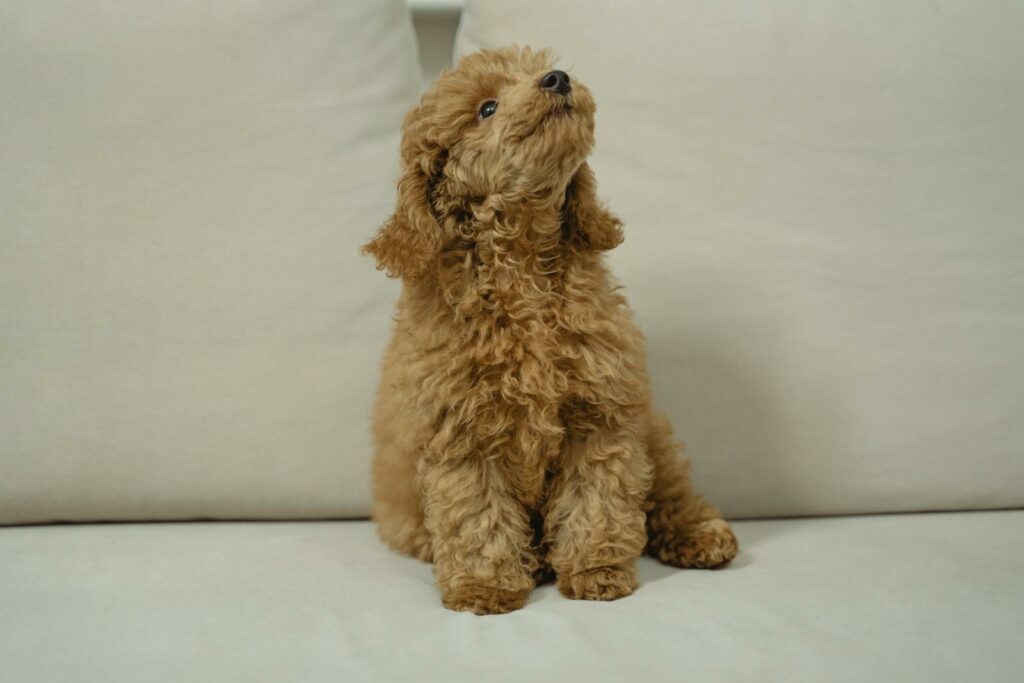
Establishing a sleep routine is helpful for housebreaking and a calmer puppy. Encouraging a regular sleep space, like a crate, reinforces the concept of “home” and helps them develop healthy sleep patterns. Having a designated sleeping spot also reduces anxiety, as they’ll associate it with rest and relaxation over time.
Underestimating the Power of Social Cues
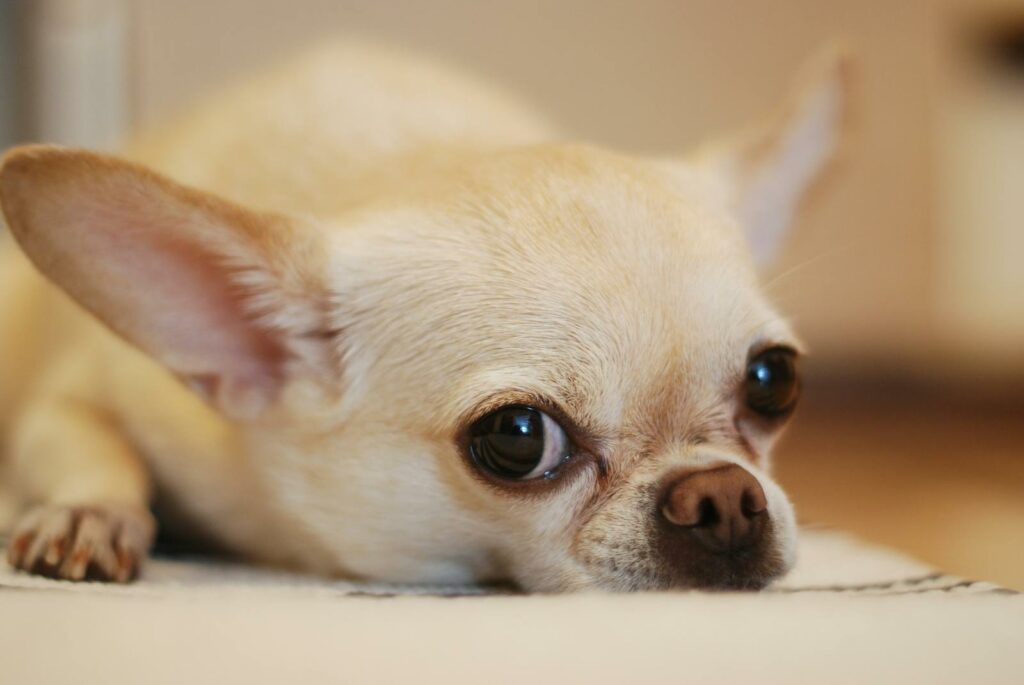
Puppies are very responsive to body language, so use clear, consistent cues when training. Avoid mixed signals, like moving forward when asking them to “stay.” Your movements can either reinforce or contradict what you’re saying, so make sure your body language matches your commands. This clarity helps your puppy learn faster and understand you better.
